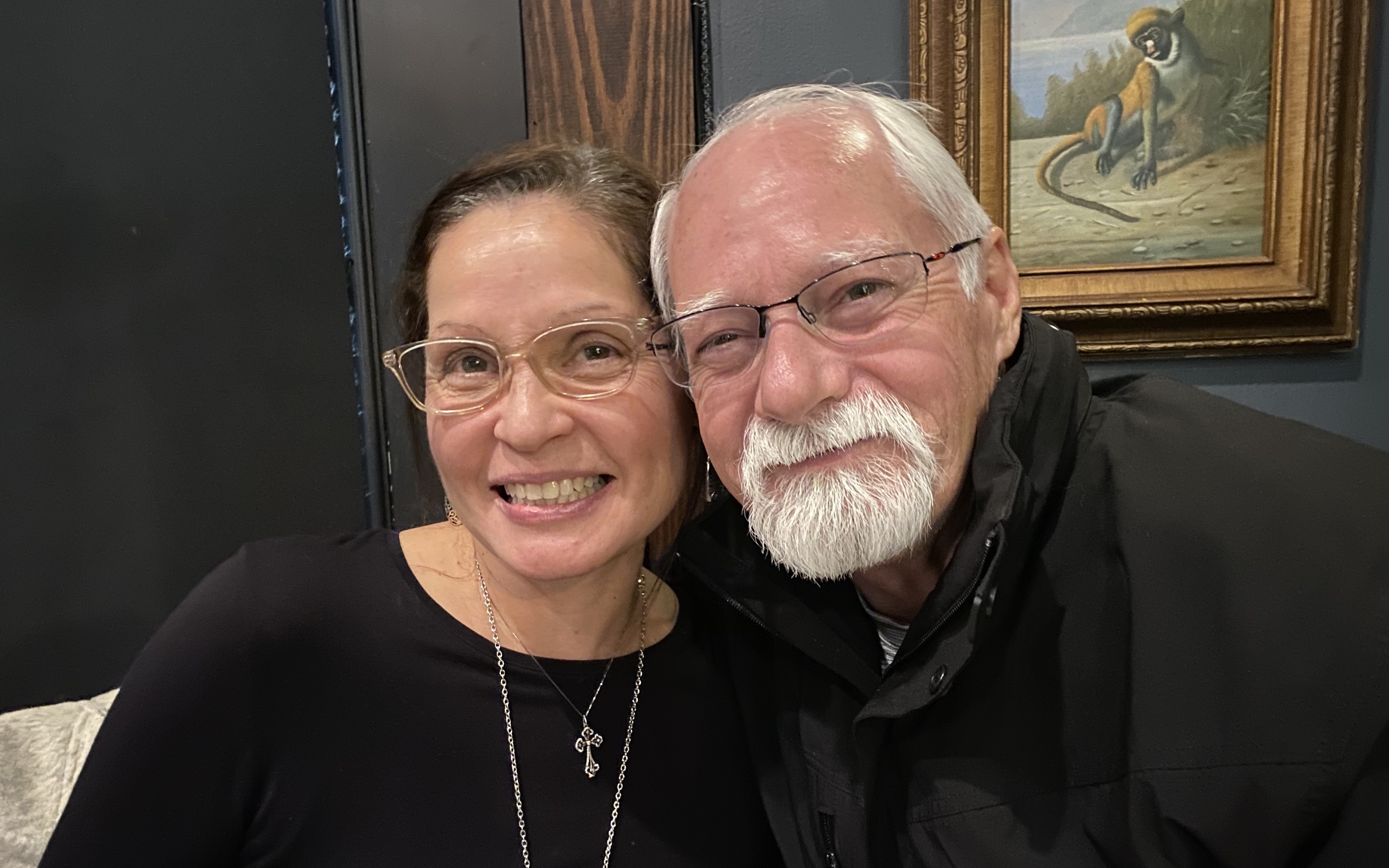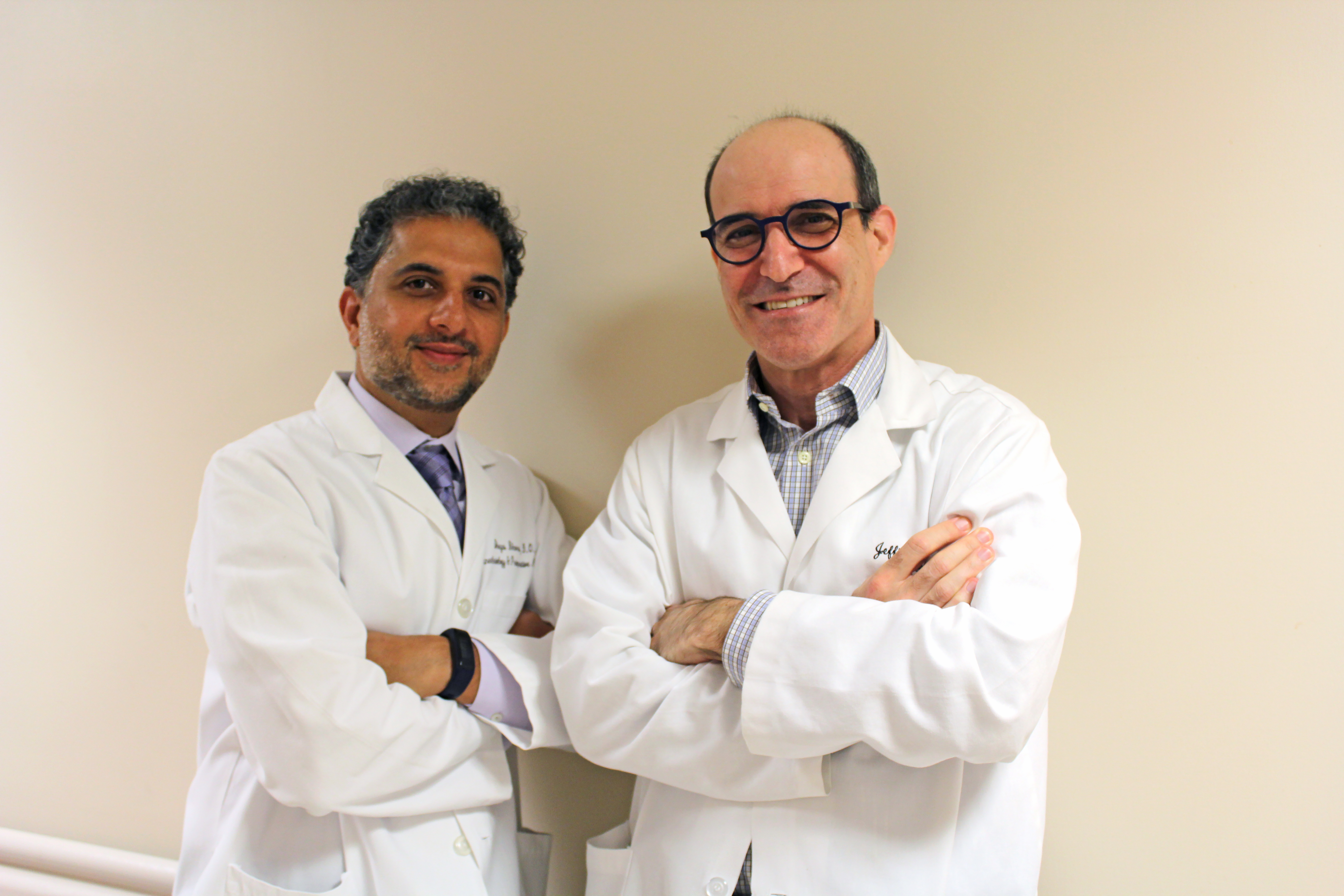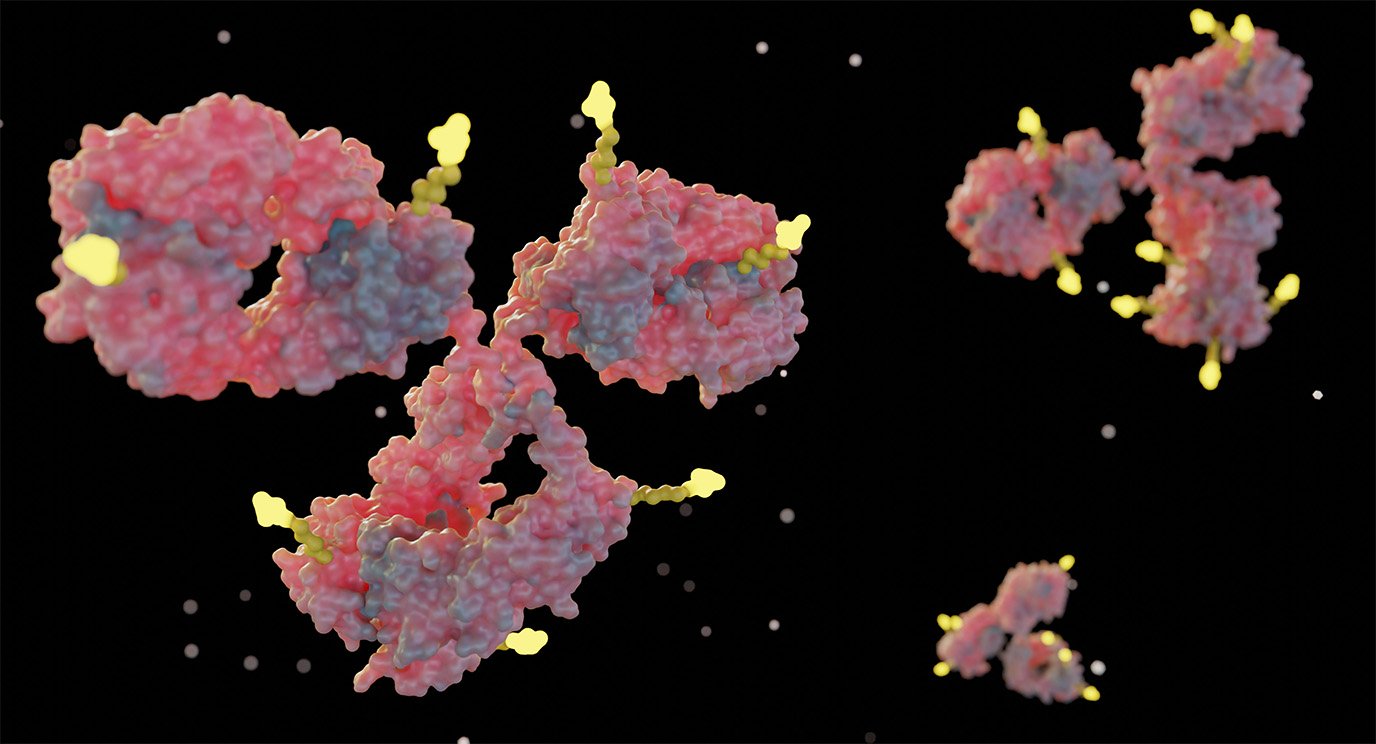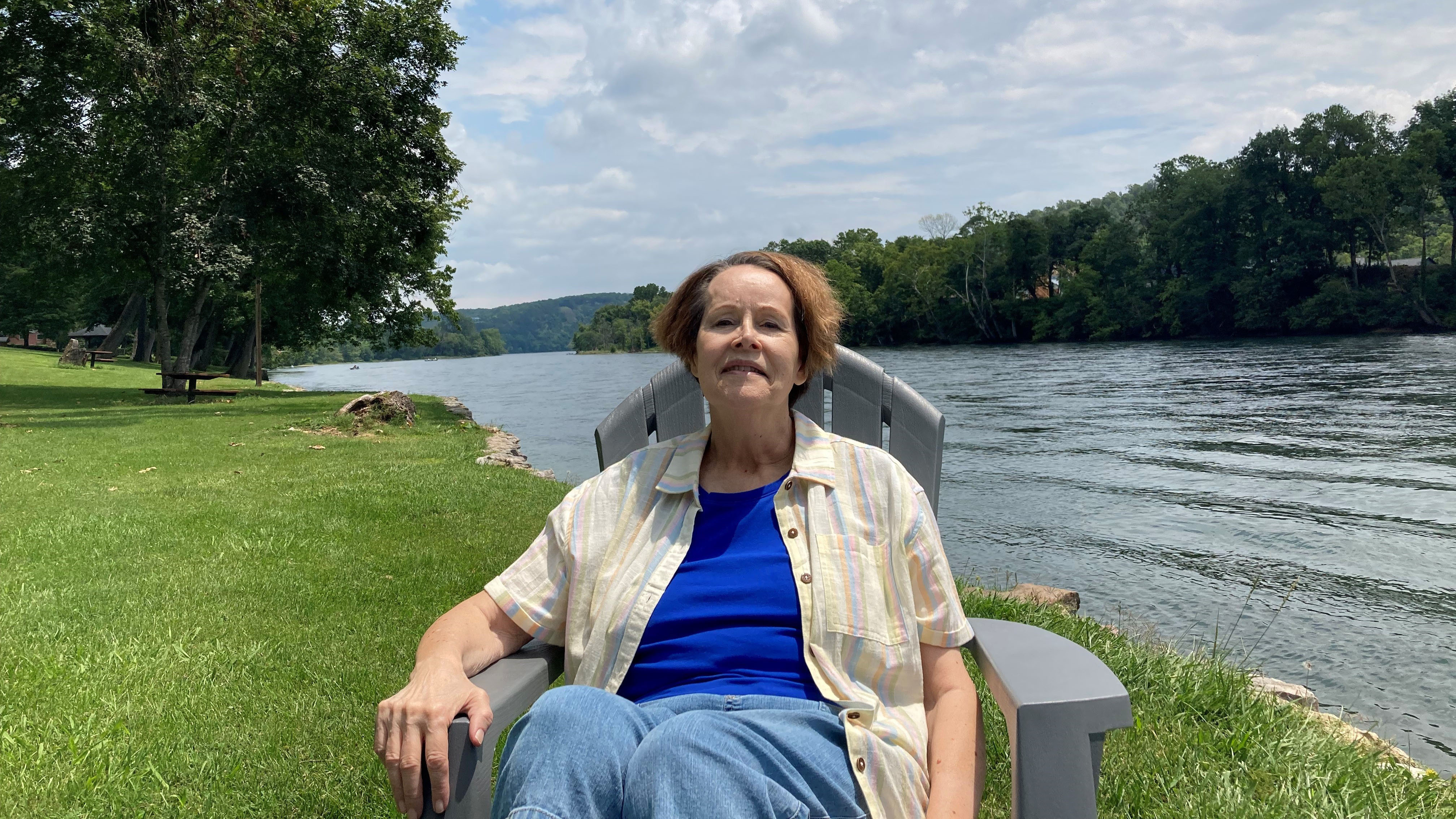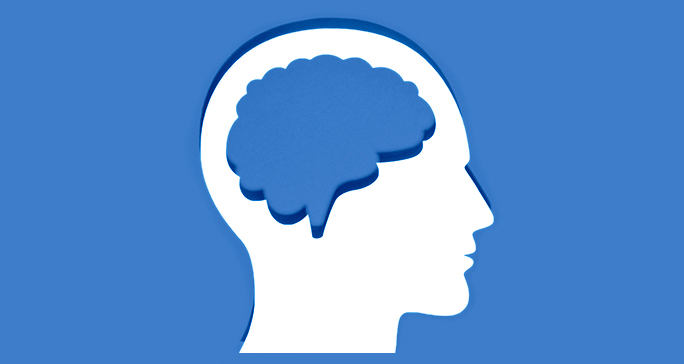- Diseases
- Acoustic Neuroma (14)
- Adrenal Gland Tumor (24)
- Anal Cancer (68)
- Anemia (2)
- Appendix Cancer (16)
- Bile Duct Cancer (26)
- Bladder Cancer (72)
- Brain Metastases (28)
- Brain Tumor (230)
- Breast Cancer (720)
- Breast Implant-Associated Anaplastic Large Cell Lymphoma (2)
- Cancer of Unknown Primary (4)
- Carcinoid Tumor (8)
- Cervical Cancer (158)
- Colon Cancer (166)
- Colorectal Cancer (114)
- Endocrine Tumor (4)
- Esophageal Cancer (44)
- Eye Cancer (36)
- Fallopian Tube Cancer (8)
- Germ Cell Tumor (4)
- Gestational Trophoblastic Disease (2)
- Head and Neck Cancer (8)
- Kidney Cancer (128)
- Leukemia (344)
- Liver Cancer (50)
- Lung Cancer (288)
- Lymphoma (284)
- Mesothelioma (14)
- Metastasis (30)
- Multiple Myeloma (100)
- Myelodysplastic Syndrome (60)
- Myeloproliferative Neoplasm (4)
- Neuroendocrine Tumors (16)
- Oral Cancer (100)
- Ovarian Cancer (174)
- Pancreatic Cancer (164)
- Parathyroid Disease (2)
- Penile Cancer (14)
- Pituitary Tumor (6)
- Prostate Cancer (146)
- Rectal Cancer (58)
- Renal Medullary Carcinoma (6)
- Salivary Gland Cancer (14)
- Sarcoma (238)
- Skin Cancer (296)
- Skull Base Tumors (56)
- Spinal Tumor (12)
- Stomach Cancer (64)
- Testicular Cancer (28)
- Throat Cancer (92)
- Thymoma (6)
- Thyroid Cancer (96)
- Tonsil Cancer (30)
- Uterine Cancer (80)
- Vaginal Cancer (16)
- Vulvar Cancer (20)
- Cancer Topic
- Adolescent and Young Adult Cancer Issues (20)
- Advance Care Planning (10)
- Biostatistics (2)
- Blood Donation (18)
- Bone Health (8)
- COVID-19 (362)
- Cancer Recurrence (120)
- Childhood Cancer Issues (120)
- Clinical Trials (632)
- Complementary Integrative Medicine (24)
- Cytogenetics (2)
- DNA Methylation (4)
- Diagnosis (232)
- Epigenetics (6)
- Fertility (62)
- Follow-up Guidelines (2)
- Health Disparities (14)
- Hereditary Cancer Syndromes (126)
- Immunology (18)
- Li-Fraumeni Syndrome (8)
- Mental Health (118)
- Molecular Diagnostics (8)
- Pain Management (62)
- Palliative Care (8)
- Pathology (10)
- Physical Therapy (18)
- Pregnancy (18)
- Prevention (914)
- Research (398)
- Second Opinion (74)
- Sexuality (16)
- Side Effects (608)
- Sleep Disorders (10)
- Stem Cell Transplantation Cellular Therapy (216)
- Support (402)
- Survivorship (322)
- Symptoms (184)
- Treatment (1790)
Meet Giulio Draetta, M.D., Ph.D.
BY Lori Baker
3 minute read | Published July 24, 2018
Medically Reviewed | Last reviewed by an MD Anderson Cancer Center medical professional on July 24, 2018
Giulio Draetta, M.D., Ph.D., is a true global citizen whose passion for discovery put his career on a winding path with universities and pharmaceutical companies in several countries. He moved to Houston to join MD Anderson in 2011 and is helping to drive cancer innovation as co-leader of MD Anderson’s Moon Shots Program, an ambitious effort focused on quickly and effectively turning scientific discoveries into advances in cancer care.
We recently interviewed him to learn more about his work here and what drives him to end cancer.
Where did you grow up?
I grew up and completed my education in Naples, Italy. I’m the only one in my family who left Naples.
What was your first job?
I worked at a milk production plant doing quality control when I was 19.
Do you still conduct research?
Yes. My lab attempts to identify brain cancer and pancreatic cancer vulnerabilities that might lend themselves to treatment. I became interested in biology and chemistry during school. I loved my medical training in emergency medicine but ultimately decided to focus on laboratory research and the discovery of new cancer drugs.
What made you decide to join MD Anderson?
I was drawn immediately to the people. Everyone is passionate about the mission. MD Anderson also has a unique culture of collaboration that was very appealing. For scientists, there’s such an amazing opportunity here to work closely with clinical experts to bring new therapeutic opportunities to patients.
What three words describe you best?
Happy. Caring. Passionate.
What do you want people to know about our Moon Shots Program™?
The program is unique. It’s achieving what many claim but few are able to implement:
- A focus on feasible short/medium-term goals
- True collaboration between people with different expertise
- Monitoring of progress and shifting of funding based on advancements
- A transparent, externally reviewed process
For Andy Futreal and me, this has been an incredibly exciting experience. It’s allowed us to meet talented, dedicated and passionate people from all areas of MD Anderson.
After these first few years, we can attest to significant victories. We’ve seen these in the areas of cancer control, with tobacco cessation and limiting tanning bed exposure initiatives. We’ve also seen it in the development of new anti-cancer agents (small molecules, antibodies and cell therapies) that are providing hope to many cancer patients.
While we’ve made progress, there’s more work to be done. That’s why our efforts continue in areas such as developing a deeper understanding of cancer (such as biopsies along the continuum of progression to learn how cancer evolves).
MD Anderson has such influence. When we take bold steps here, such as our tobacco-free hiring policy, people are watching and thinking about following our lead. Four other similar initiatives, including the National Cancer Moonshot, have been launched internationally since we started our Moon Shots Program in 2012.
What are you excited about?
There’s much to be excited about on the research front. One example is the discovery of the impact of the microbiome composition, the trillion of bacteria that naturally live in each person, on our ability to respond to cancer treatment. The potential it has to impact a person’s ability to fight disease is mind-boggling. MD Anderson’s clinical trial shows patients with metastatic melanoma who had a greater diversity of gut bacteria and larger volumes of a specific type of bacteria responded better to a PD1 checkpoint inhibitor.
What do you enjoy doing away from work?
I enjoy cooking and hosting dinners. I’ve also started playing the drums again.
If you weren’t doing this, what would you want to do?
I truly wouldn’t do a day differently. My dream job is running a lab, and I’m doing that and more.
A longer version of this story originally appeared in Messenger, MD Anderson’s quarterly publication for employees, volunteers, retirees and their families.
Request an appointment at MD Anderson online or by calling 1-833-758-0936.

Everyone is passionate about the mission.
Giulio Draetta, M.D., Ph.D.
Physician & Researcher

